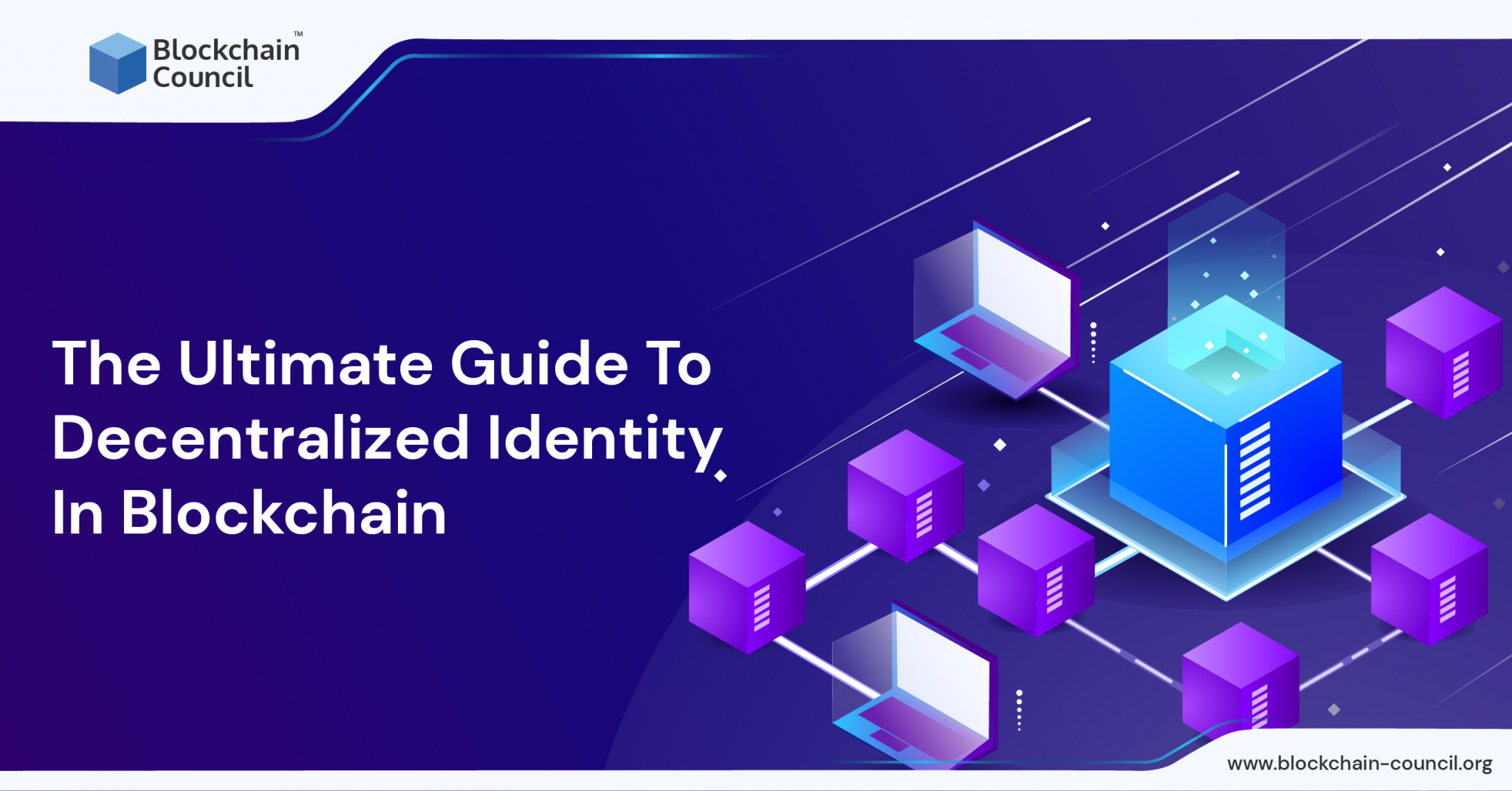The Future Of Decentralized Identity In Blockchain
Decentralized identity is quickly becoming the holy grail of blockchain innovation. It’s not hard to see why – our traditional ways of managing identity, from passports to social media profiles, are riddled with vulnerabilities and inefficiencies. But what if we could create a system where individuals had total control over their personal data, and could seamlessly interact with institutions and organizations without needing to surrender their autonomy? That’s the promise of decentralized identity, and it’s on the cusp of revolutionizing the way we live and work.

- Decentralized Cloud Computing And The Rise Of Crypto A New Era In Data Storage
- The Smart Way To Profit From Crypto: How Arbitrage Can Be Your Golden Ticket
- Breaking Free From The Daily Grind: How To Build Wealth With Cryptocurrency
- Diversifying Your Crypto Portfolio With Stablecoins
- The Benefits Of Tokenized Real Estate On Blockchain
So what exactly is decentralized identity? In short, it’s a system where individuals have their own unique digital fingerprint, which is stored on a blockchain. This fingerprint, or "credential," contains all sorts of information about the individual – from basic biographical details to more advanced qualifications and attributes. But here’s the key: this data is decentralized, meaning it’s not stored in one central location. Instead, it’s fragmented across a network of computers, making it virtually unhackable.
One of the most exciting applications of decentralized identity is in the realm of online authentication. Think about how frustrating it is to constantly create new logins and passwords for every website and app we use. With decentralized identity, that hassle could be a thing of the past. Imagine being able to simply verify your identity with a single credential, without needing to surrender any personal data to the platforms you’re using.
But decentralized identity isn’t just about convenience – it’s also about security. Right now, many organizations are stuck using outdated systems for verifying identity, which leaves them vulnerable to data breaches and cyber attacks. By decentralized identity, on the other hand, uses the same cryptography that secures cryptocurrencies like Bitcoin, making it virtually unbreachable. And because users have full control over their own credentials, they can simply "disconnect" if a platform or organization is compromised.
Decentralized identity is also likely to have a significant impact on industries like healthcare and finance. For example, medical records are notoriously difficult to manage and share – but with decentralized credentials, patients could take full control over their medical history, and securely share it with healthcare providers whenever needed. Similarly, decentralized identity could streamline financial transactions by allowing users to instantly verify their creditworthiness and identity.
One major barrier to the widespread adoption of decentralized identity is, however, interoperability. Currently, different blockchain networks have their own approaches and technologies for decentralized identity, which makes it difficult to share credentials across platforms. But we’re already seeing some promising developments on this front – for example, the Decentralized Identity Foundation (DIF) is working on a new set of standards that could enable seamless interactions between different blockchain networks.
Another key challenge facing decentralized identity is regulatory. Governments and institutions are still grappling with how to classify and regulate this new form of identity management – which could stymie innovation if not navigated carefully. However, we’re seeing some encouraging signs on this front as well – for example, the European Commission has issued guidelines on how to use blockchain for identity management, which provides a framework for governments and businesses to start exploring this technology.
As these challenges are addressed, we can expect to see decentralized identity start to gain mainstream traction. We’re already seeing some intriguing early applications of this technology – for example, the city of Zug in Switzerland has implemented a decentralized identity system for its residents, which allows them to access public services and vote in elections. If this technology continues to mature, it’s not hard to see a future where we have total autonomy over our personal data – and where institutions are forced to adapt to our needs, rather than the other way around.
With so many benefits to this technology, and such vast possibilities on the horizon, we should be very optimistic about what the future holds for decentralized identity. With policymakers, innovators, and users working together, we could start to see a new paradigm emerge – one where we own and control our own identity, rather than relying on institutions to verify who we are.
